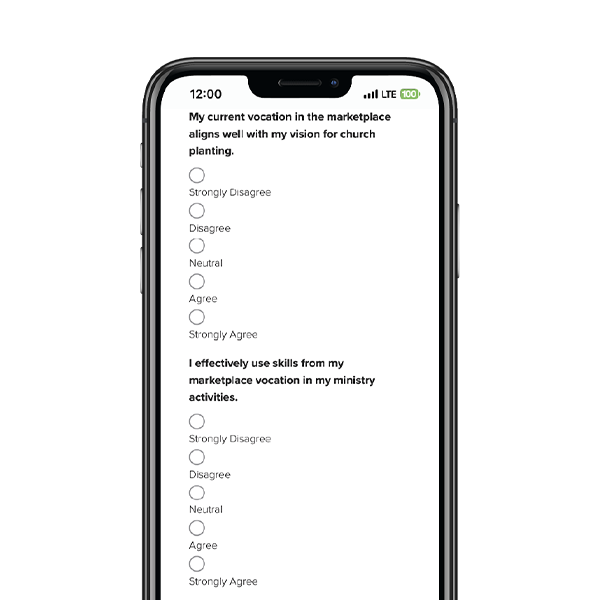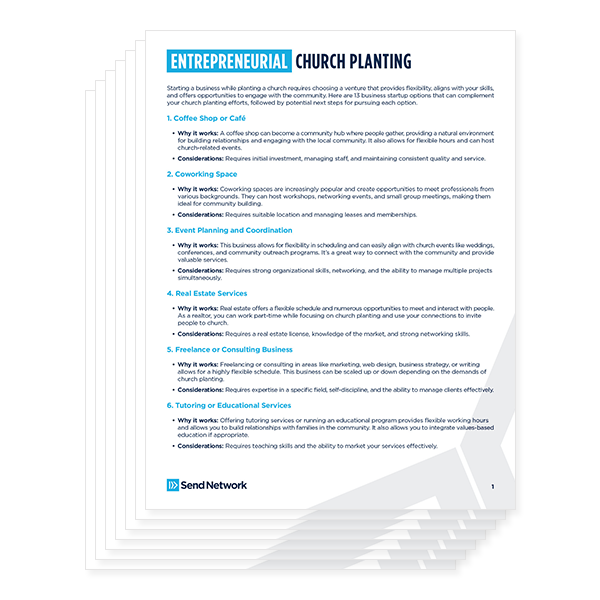During this blog post series, I am trying to help you assess your church by providing ten questions to evaluate your church’s approach to each of the purposes of the church: worship, evangelism, discipleship, ministry, prayer, and fellowship. In addition, I ask about your church’s biblical foundation and Great Commission commitment. Today’s questions focus on your church’s discipleship. Does your church have a required membership class? A membership class begins discipleship early, and it sets expectations for further discipling as a member of a local body. In the strongest membership classes, potential members will learn about theology, expectations, and involvement.
In the strongest membership classes, potential members will learn about theology, expectations, and involvement.
Does the church have a church covenant that is up-to-date, relevant, and utilized? A covenant that only hangs on the wall is nothing more than a picture in a frame. Churches with legitimate covenants also typically have a strategy to help members fulfill the covenant. How does the number of additions compare to the church’s increase/decrease in attendance over the past year? If the church gained 25 new members, but the corresponding attendance figures show an increase of only five, further assessment is needed. It’s possible the church’s back door is so wide open you’re losing almost as many people as you’re gaining. Are new believers discipled immediately? Young believers are sometimes the most teachable members of a church. Healthy churches start discipling them before they figure out they can be members without being discipled.
Healthy churches start discipling them before they figure out they can be members without being discipled.
Does the church offer small groups that include equipping and accountability for holy living? If you have been following this series, you know that I recommend small groups that warmly invite the unchurched to participate. At the same time, I also encourage churches to have small groups that allow for significant life-on-life interaction and serious accountability. Does the church have an intentional strategy for teaching spiritual disciplines? Discipling churches don’t just tell folks to read the Word, pray, fast, and do other spiritual disciplines; instead, they teach and lead them to make disciplines a part of their lives. They make no assumptions about members and their spiritual walk. Is the pastoral staff mentoring other believers? If the leaders of the church aren’t pouring their lives into other believers, they will lack credibility in asking others to do so. Strong discipleship churches are led by mentor-pastors.
If the leaders of the church aren’t pouring their lives into other believers, they will lack credibility in asking others to do so.
Does the church have someone responsible to follow up with members who fall away? The longer a church member is AWOL, the more likely it is he or she will not return. Healthy churches have someone in charge of holding a net so no one falls too far. Is the church strategically discipling teens and children? Discipling congregations recognize that good discipleship begins early. They intentionally connect older members with younger members to promote mutual spiritual growth. No believer is too young to be taught personally.
Discipling congregations recognize that good discipleship begins early.
Is your church sending out the next generation of church leaders and missionaries? This question looks toward the results of good discipleship: is your church growing believers who love God and long for others to know Him? Are you teaching them to give their lives for the spread of the gospel? Suppose you were to score each question on a scale of 1-10 (with 1 being “I’m very displeased with where my church is” and 10 being “I’m very pleased with where my church is”), what would your score be? What other questions would you add to this list?
Published November 11, 2015




